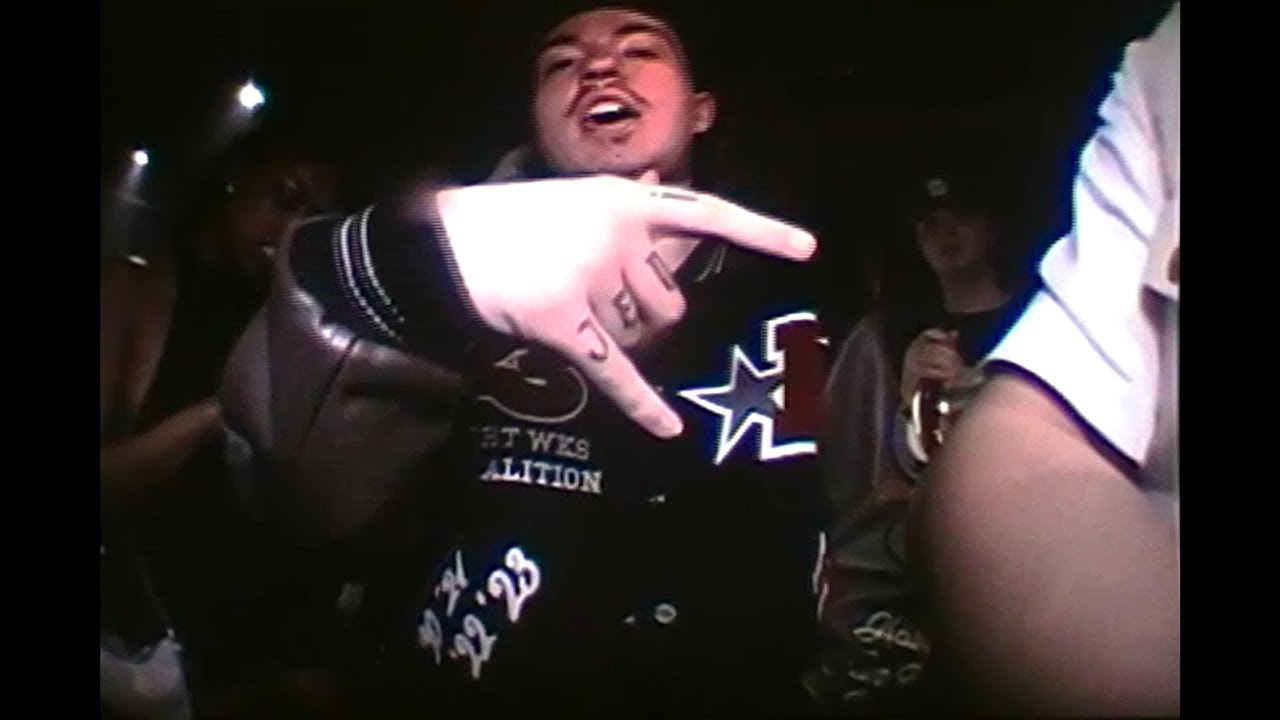When we dive into Tommy Richman’s “MILLION DOLLAR BABY,” it feels like stepping into a rhythmic conversation, filled with self-assurance, frustration, and ambition. Of course, any interpretation of the lyrics is subjective. What I perceive may not reflect what Tommy intended, but that’s part of the beauty of exploring these lines. Each word can have its own story, depending on who’s listening.
The Intro of the song starts with a repetitive cadence: “Do it, baby, do what I should think. Do it, do it, baby, do what I could think.” At first glance, it seems simple, almost hypnotic. But this repetition, combined with phrases like “should think” and “could think,” suggests a tension between expectation and potential.
It’s like Tommy is caught in a loop of what he ought to do versus what he’s capable of. The rhythm gives the impression of determination, like he’s convincing himself to break free from these mental barriers and just do it—whatever it might be.
The Chorus comes in strong with, “I ain’t never rep a set, baby, I ain’t do no wrong.” This line feels defensive, almost like Tommy’s setting the record straight. He’s saying he’s not tied to any one group or expectation—he’s walking his own path.
The declaration, “I could clean up good for you, Oh, I know right from wrong,” feels like an acknowledgment of his duality. On one hand, he’s tough, independent. On the other, he’s capable of being presentable, of doing what’s expected, when needed.
But then comes the kicker: “‘Cause I wanna make it so badly, I’m a million-dollar baby.” This is the crux of the song. His ambition is driving everything. He’s not just anyone—he’s aiming for greatness, and that self-worth shines through with the claim of being a “million-dollar baby.”
In the Verse, Tommy delves deeper into the struggle of being overlooked despite his efforts: “You rep my city for so damn long, but you still don’t notice me, my sound next.” There’s frustration here, a feeling that despite his contributions, he’s still unseen.
The line “I’m at they neck, I’m running up a check” brings in a sense of aggression. He’s not waiting for recognition anymore—he’s taking it by force. His success is inevitable, even if others aren’t noticing yet.
The mention of the “bad lil’ mama, she a diva” feels like a momentary shift in focus, pulling the listener into Tommy’s personal life. There’s someone important to him here, someone who stands out, but the line “he cannot come between us again” hints at past struggles or a third-party interference that could have disrupted their relationship before.
He’s clear, though: they’re “better than friends.” This suggests a relationship deeper than surface level, one built on shared experiences and a connection that’s hard to break.
In “I took her to Queen’s Gambit, showed around my friends,” Tommy’s using the chess metaphor to show that he’s strategic in his moves, both in his relationship and his life. He’s trying to build something real, but there’s a sense that no matter what he does, something feels off.
His attempts to “pick some energy up” don’t seem to be working. The uncertainty deepens with, “I know you haven’t moved on if you tried, I don’t believe it, baby, I know you lied.” There’s tension between what’s being said and what’s actually felt. He’s losing trust and maybe losing control, too.
As the verse continues, the repetition of “I said the city is mine” feels like an anthem. He’s claiming ownership, not just over his city but over his own life. It’s a declaration of intent. He’s not just a background player anymore—he’s the main act.
Returning to the Chorus, there’s a sense of resolve. “I ain’t never rep a set, baby, Ain’t do no wrong,” is repeated again, reinforcing his independence and moral clarity. The line “‘Cause I wanna make it so badly” comes back with even more weight after the verse, as if Tommy’s ambition is not just a goal—it’s his driving force.
And again, he asserts, “I’m a million-dollar baby, don’t at me.” It’s almost like he’s telling the world not to question his value. He knows what he’s worth, even if others don’t.
In the Outro, the song circles back to the repetition of “Do it, baby, do what I should think, Do it, do it, baby, do what I could think.” It’s as if the loop from the beginning is closing, but this time, there’s a finality to it. After expressing his frustrations, his hopes, and his self-worth, Tommy’s back to where he started, reminding himself to push forward.
The repetition of “hell, hell nah” adds a defiant tone to the ending, like he’s rejecting any doubt or interference. Ultimately, “MILLION DOLLAR BABY” is a song about ambition, self-worth, and the struggle to be recognized. It’s a declaration of intent, wrapped in frustration and desire.
